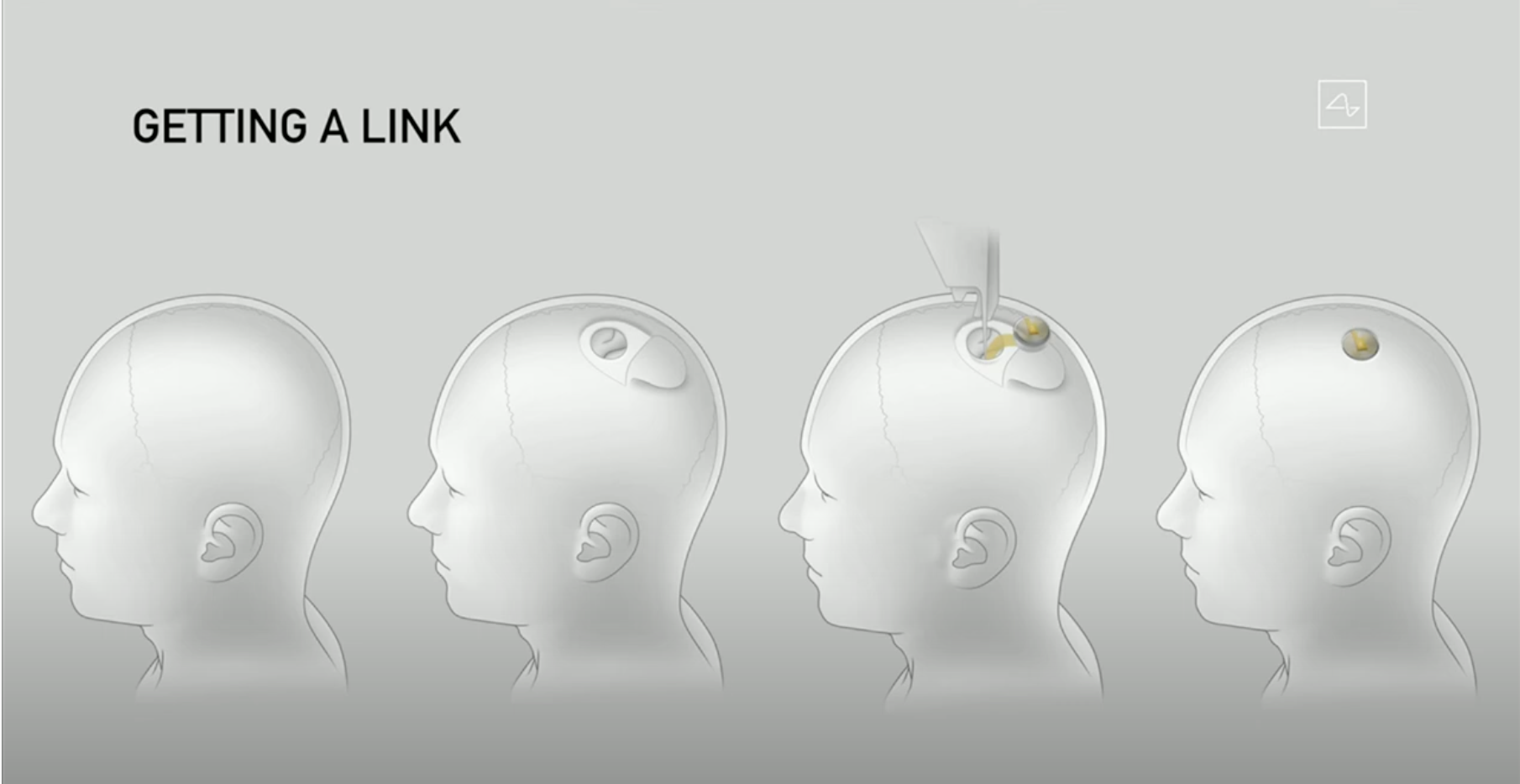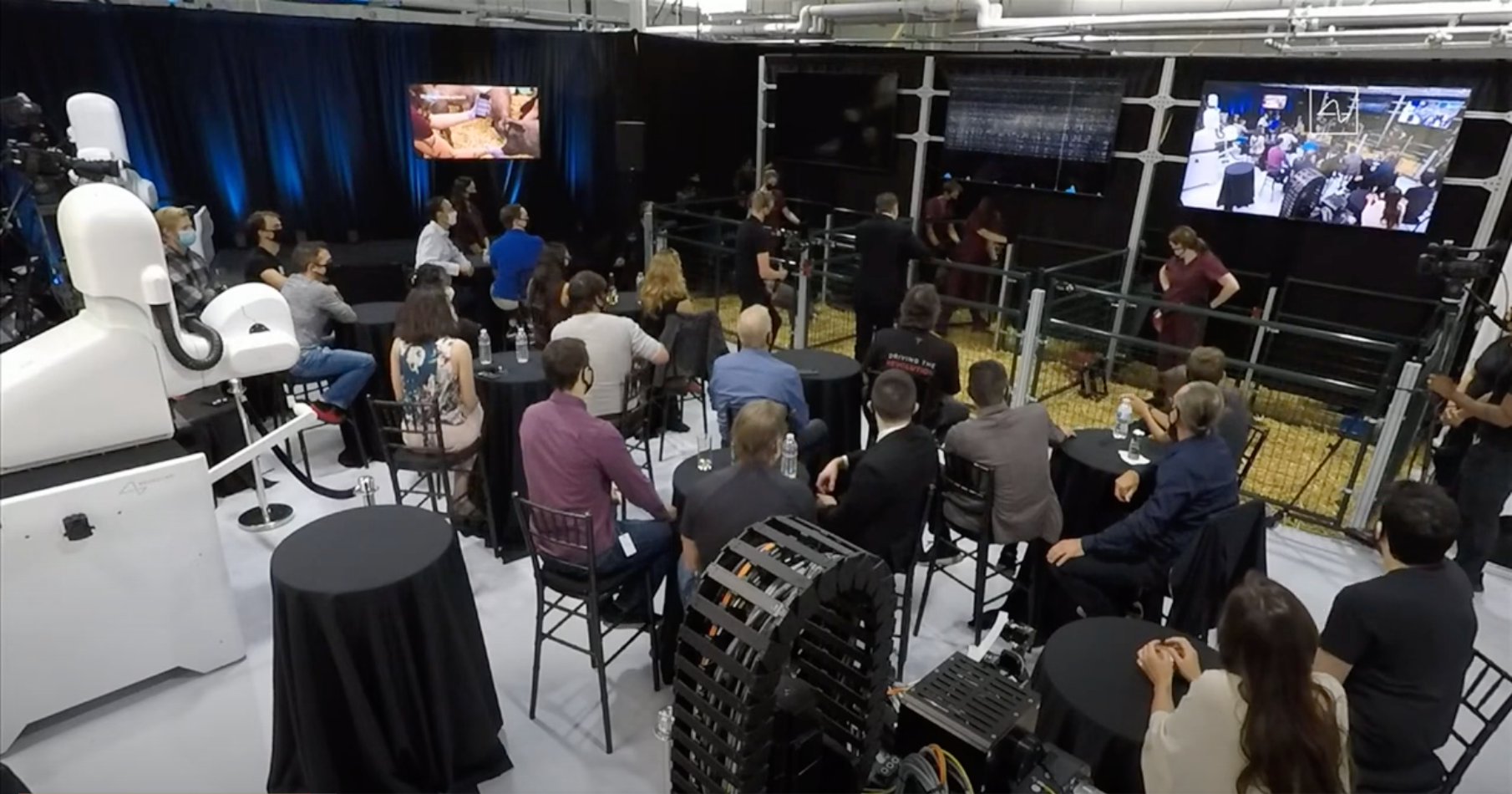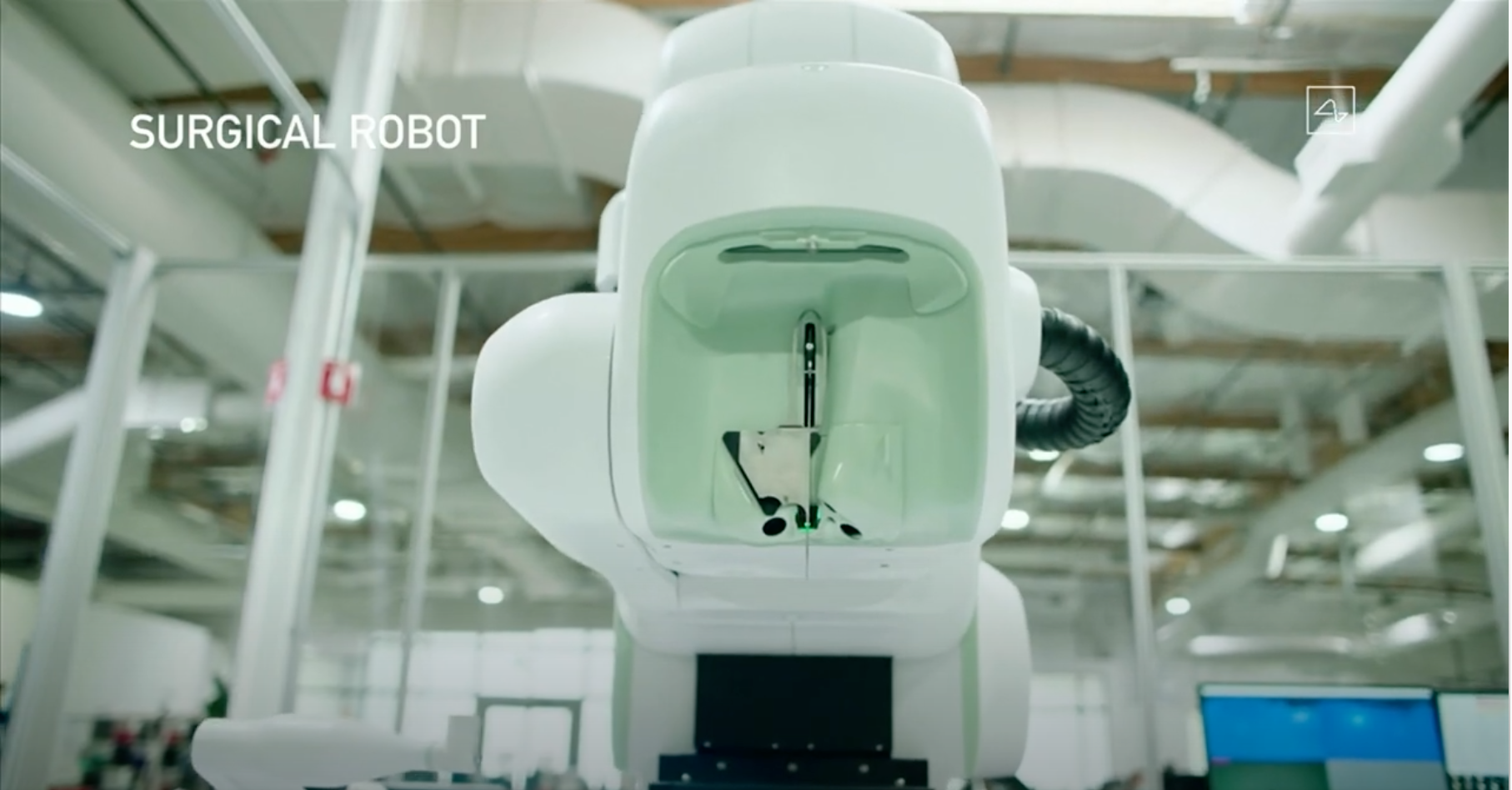Elon Musk — who co-founded and still leads Tesla, SpaceX, The Boring Company, and Neuralink — demonstrated his neurotech startup's newest working implant... by livestreaming a pig's brain activity (recorded by the wireless device) as it scurried around a small pen on stage Friday evening.
And to think we thought AirPods were intrusive.
Just before the weekend, Tesla CEO and Twitter pot-stirrer Elon Musk paraded technology from arguably his most controversial company, Neuralink, during a livestreamed presentation. Founded in 2016, Musk himself has invested $100M into the neurotech business's ongoing efforts to achieve a science-fiction-like symbiosis between humans and artificial intelligence (AI), via neural implants. These inserts, too, are being touted as possible tools to treat degenerative brain disorders, like Parkinson’s or Alzheimer’s Disease, as well as help preserve and enhance certain brain functions.

The well-funded project has already applied for human trials, according to Hypebeast, with hopes of initiating those experimental runs by the end of this year — if it’s approved by the US Food and Drug Administration. (Suffice to say I think we can all collectively say that's a rather large, dystopian if. But if 2020's proven anything, it's that nothing too despondent or concerning is out of reach.)
In lieu of government approval, Neuralink has begun animal experimentation in the meantime, beginning with a reluctant pig named Gertrude, one of three pigs shown in the now-viral webcast.

“It’s kind of like a Fitbit in your skull with tiny wires,” Musk explained during the livestream, later painting a somewhat gruesome picture as to how the technology would scale for human beings.
The ungodly wealthy CEO went on to add that the coin-sized chip will eventually fit “quite nicely in your skull."
“It could be under your hair and you wouldn’t know," he adds. The Link V0.9 pictured in the livestream and used in Gertrude requires a small, circular section of your parietal bone — the back of your skull — be removed and replaced with the chip which uses 1,024 thin electrodes that penetrate the outer layer of the brain.
(One might not notice it… but, at the very least, you’d be hard-pressed not to grow paranoid of the chip’s below-bone presence.)
The whole process, as well, is expected to one day be done completely by pale white robots; a "surgical robot" was used to operate on the test pigs.

CNET notes Neuralink's technology is in development to allow people with neurological conditions to control computers or phones with their brainwaves, and Musk posits that the technology could also one day help those with spinal injuries recover from certain mobility issues.
“Even in a benign AI scenario, we will be left behind,” adds Musk toward the end of the live webcast. “With a high bandwidth [brain-machine] interface, we can go along for the ride and effectively have the option of merging with AI.”
The Big Bang started very, very smōl https://t.co/XVvcuALZ2o pic.twitter.com/8R92iEXVvN
— Elon Musk (@elonmusk) August 27, 2020
Earlier this summer, Musk found himself in a widely publicized battle with Alameda County for defining orders to close his Fremont factory over the pandemic. Musk promptly ignored those restrictions, saying he would sue the county for being in violation federal and state guidelines; Musk proposed the auto plant qualifies as "critical infrastructure" and that he'd move his operations elsewhere in the country after this "final straw."
Tesla's main production factory still resides in Fremont and, as hypothesis and coincidence would have it, it was struck by a COVID-19 outbreak in June.
Related: Sure Enough, COVID-19 Outbreak Hits Tesla Plants After Elon Musk Defies Local Orders
Elon Musk Prepares Showdown With Alameda County, Reopens Tesla Plant Against Orders
Image: Screenshot courtesy of YouTube, via Neuralink

